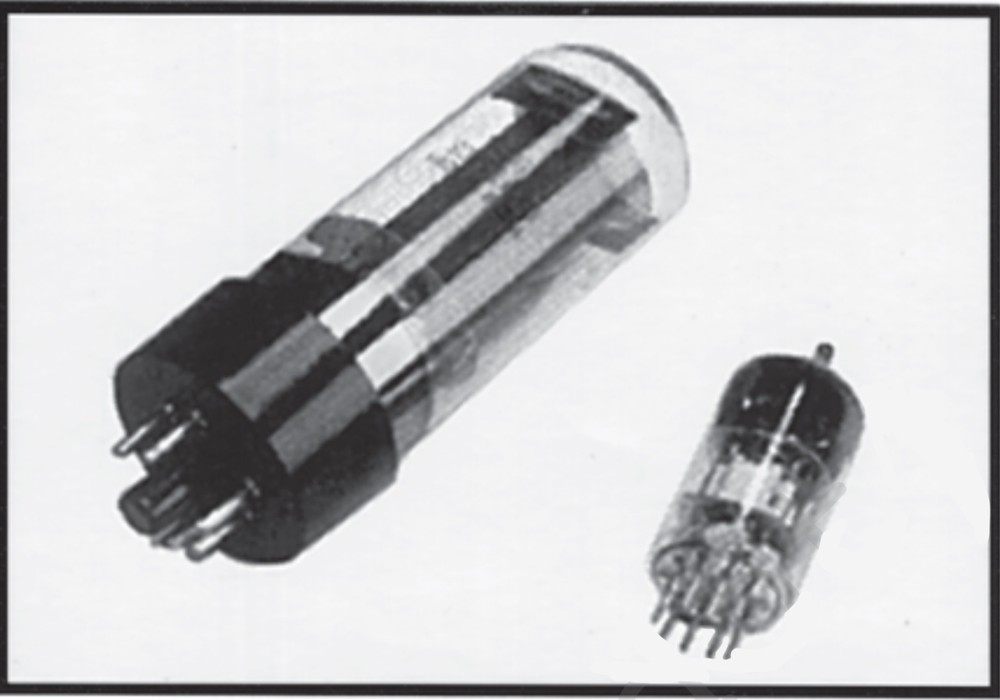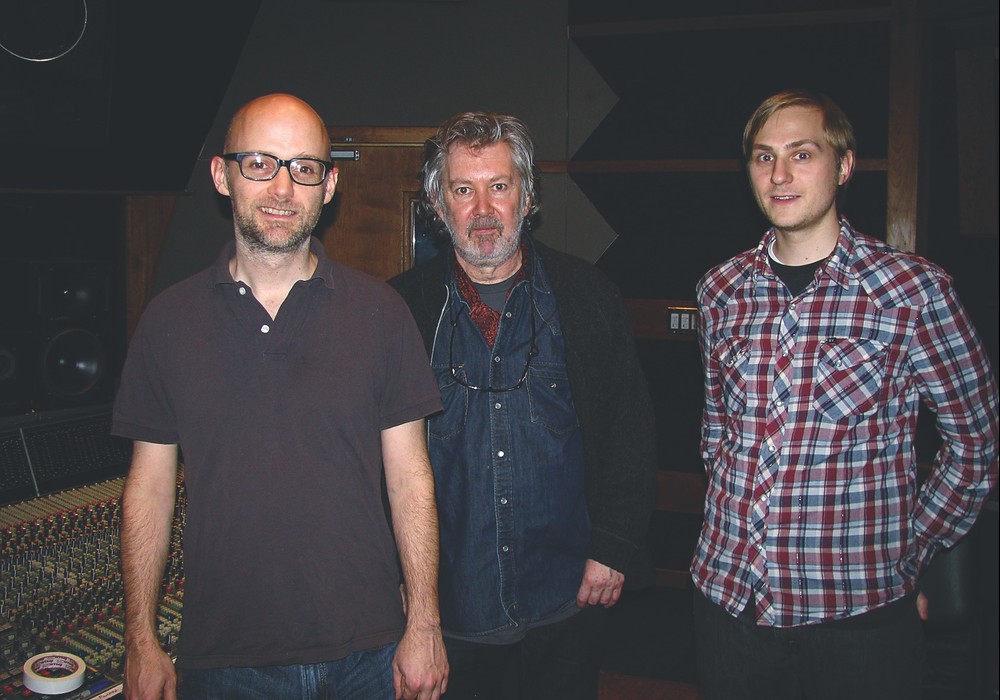If you listen to modern hardcore or metal, you know Kurt Ballou's work. Kurt is a founding member of the band Converge and an accomplished, prolific recordist. "Extreme" music magazine, Decibel, placed five Ballou productions in their 2008 top 40 list, including Torche's Meanderthal at number one. His studio, Godcity, is in a brick building in his hometown of Salem, Massachusetts. Kurt took an afternoon off from mixing the latest Converge record to show me around Godcity and talk about recording techniques and philosophies, money, guitar amps and his dog Sneezer. Kurt's a friendly, thoughtful guy and I really enjoyed our discussion.
This building is great. How did you end up here?
In the late '90s I was at Boston Scientific as a biomedical engineer. I was working on endovascular stent grafts and vena cava filters while moonlighting doing recording. I was getting really busy, recording bands from all over the country and some international stuff. Those bands would come to record with me, but we couldn't start until 5 or 6 p.m. since my studio was in an industrial park. I had to work the next day, so I couldn't record all night. In 2001, the project I was working on at my day job was cancelled. I was given the option of finding another job in the company or taking a really nice severance package. Converge had released Jane Doe that week and we felt like it was light years ahead of what we had done before. We were ready to go out on tour, to go be a real band for the first time. So I took the severance package. Right away I started looking for new places to move my studio. After a year of searching, I found this building. I bought it and gutted it. It almost ruined me financially, but I was able to build a studio here. I had Wes Lachot, who I heard about through Tape Op, do the design work. Wes and I did most of the framing together, then I did the drywall, floors and wiring and contracted the air conditioning. Then Wes came back for the finish carpentry and acoustical treatments.
Were you working during that time?
I went for a period of about eight months where I didn't record at all — no money coming in and a lot of money going out. A lot of loans and credit card debt. When I finally opened for business, I was really hurting. It was ramen noodles and dodging calls from creditors. Things have been getting better here ever since. There's been a lot of gear renovation. The client base has been radically improving.
Do you do any advertising?
No, I never have. It's been all word of mouth and I've been pretty happy with how that's treated me.
Does most of that word of mouth involve Converge?
I record a lot of people that are aware of Converge, and they know me through touring and whatnot. But I rarely solicit bands we're playing with. The solicitation of bands has always left a bad taste in my mouth when I've seen other people do it, so I just hope that people that are writing good music want to come to me.
I like the idea of that kind of engineer. You, Alex Newport, Matt Bayles — people who have spent a lot of time in the trenches in bands.
People want to record with someone they feel some kind of connection to, someone who shares their taste in music and has shared the lifestyle they live. From a communicative standpoint, I don't know how I would record a band not being a musician. I'm not a great drummer, but I know how drums are played. I know that if this drummer is struggling because he's trying to do two right-hand hits in a row, maybe if he used the bass drum instead of the last floor tom, he'd be able to get the snare and cymbal on one together. I don't think a non-musician would be able to decipher that stuff. Or I can look at someone playing a guitar part and say "You're struggling because you're fingering it that way. What if you finger it this way?" I can grab my guitar and play the part.
You haven't spent much time in other studios, right? To me, working with or being recorded by other engineers is the fastest way to learn.
That's totally correct and I would love to do more of that. But with my band, it's tough to justify giving someone else your money to do something you can do yourself. And having learned on my own, I feel like I've developed a style of my own. It's more important to me to make unique records than good sounding...
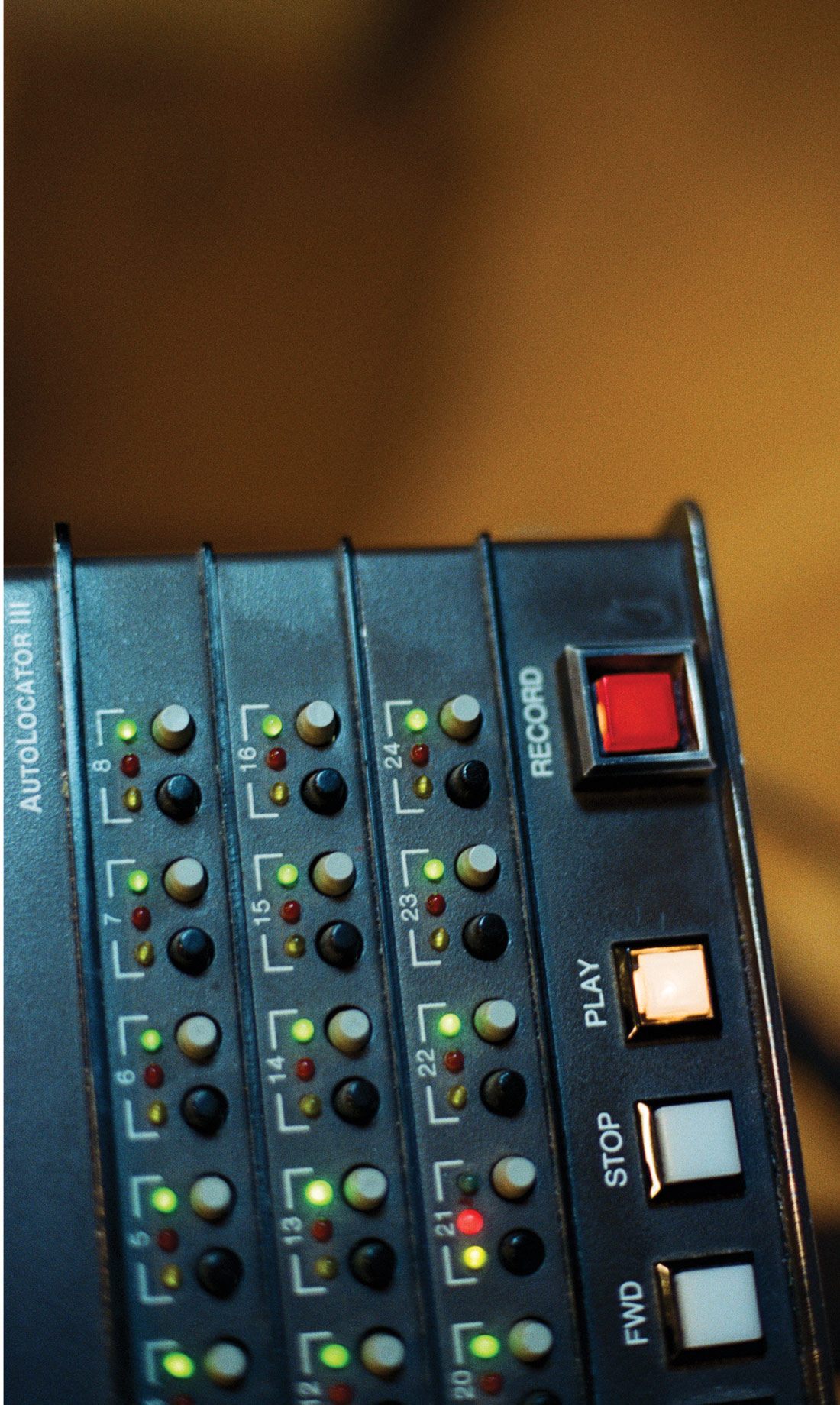

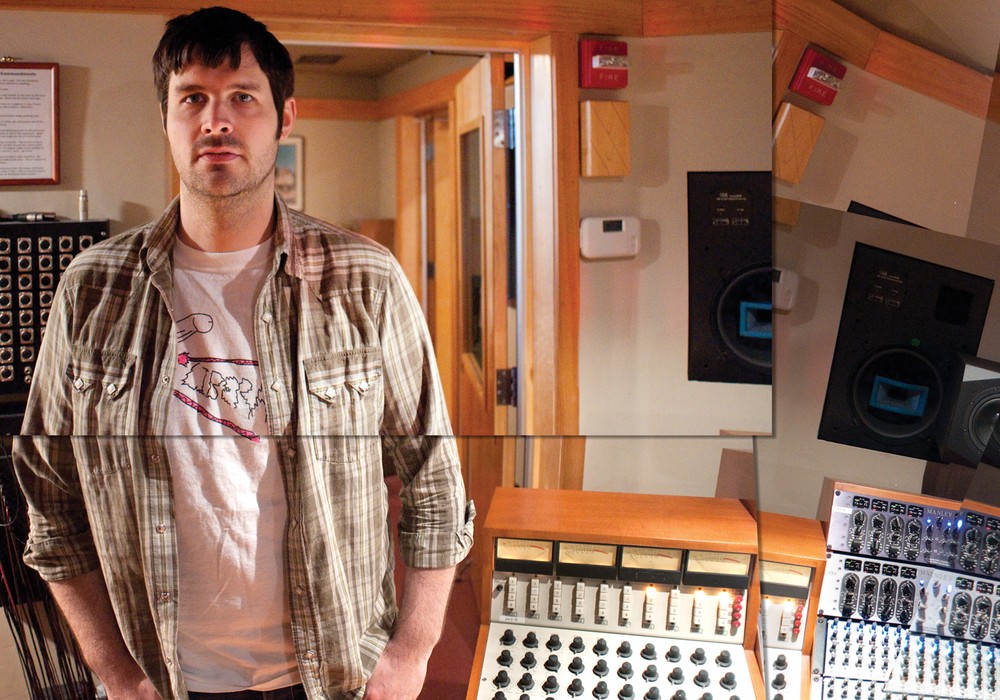
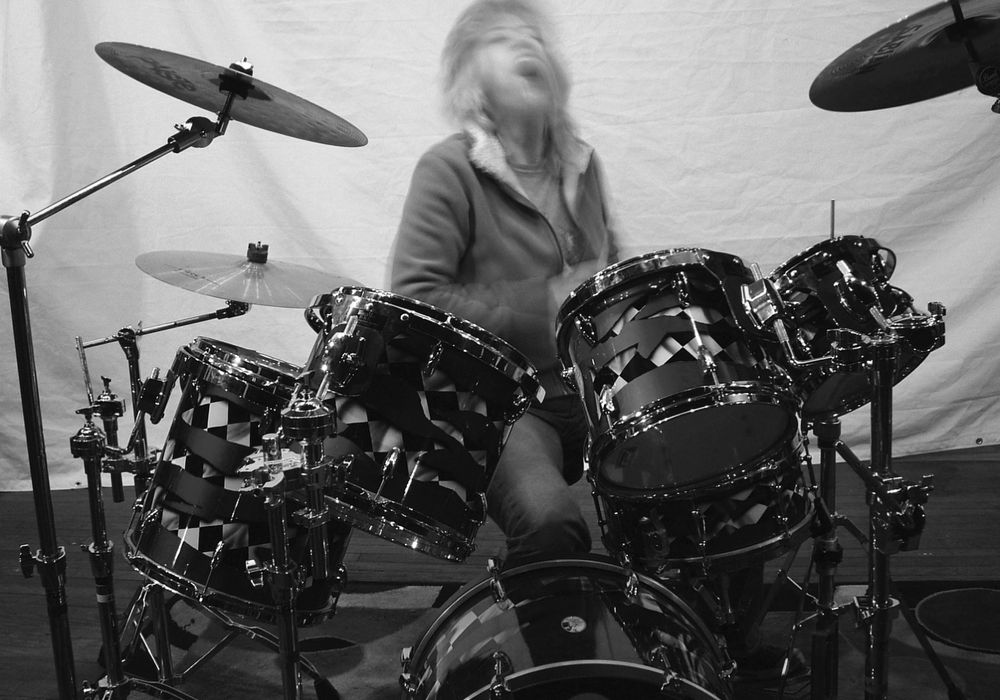
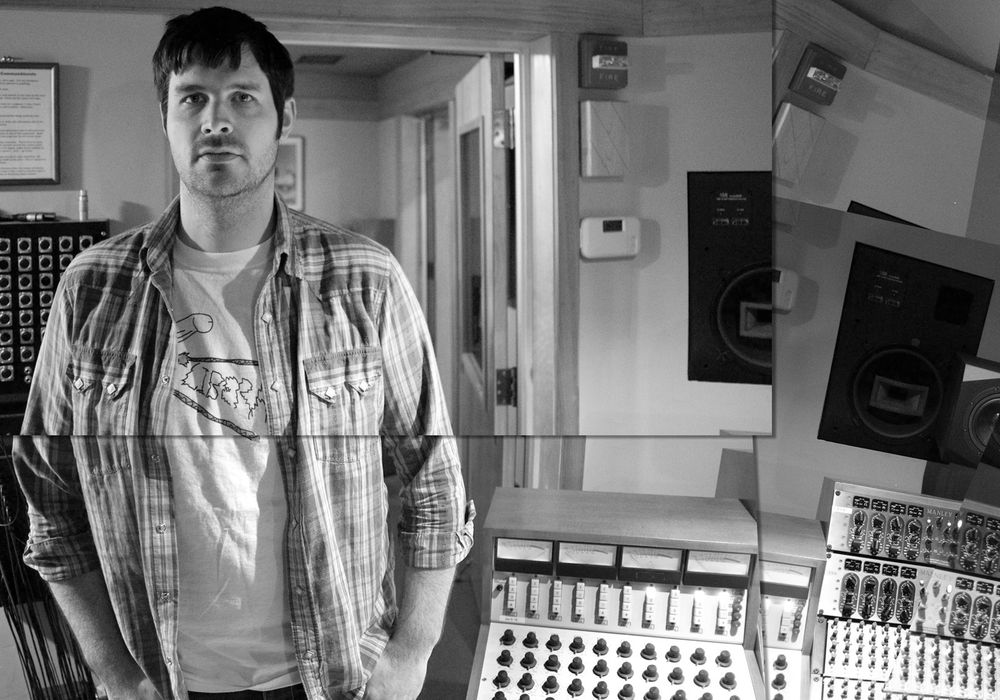
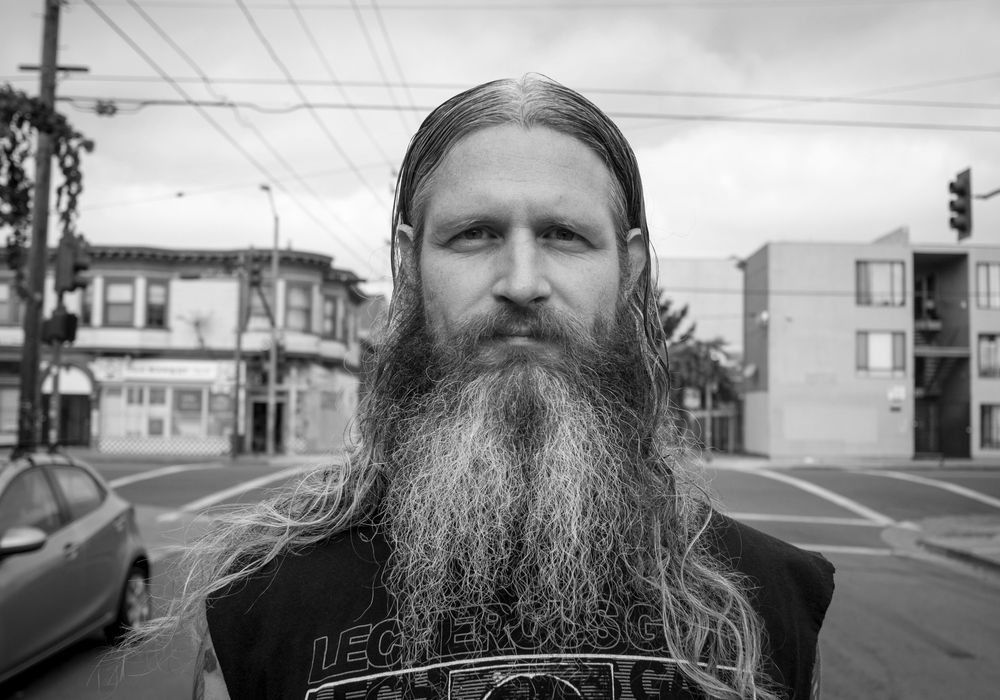
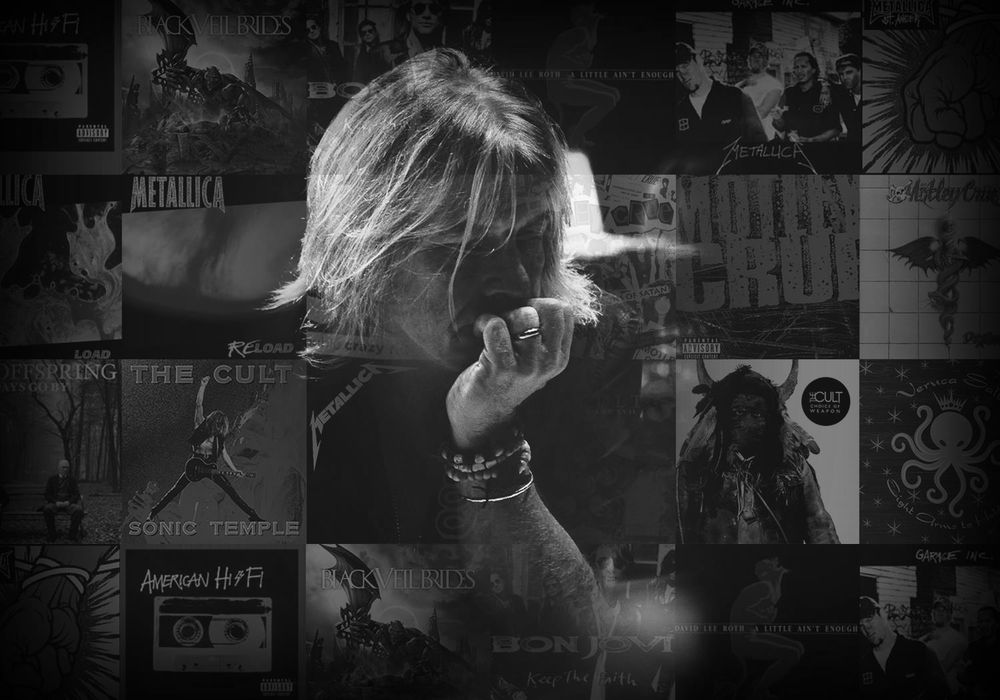

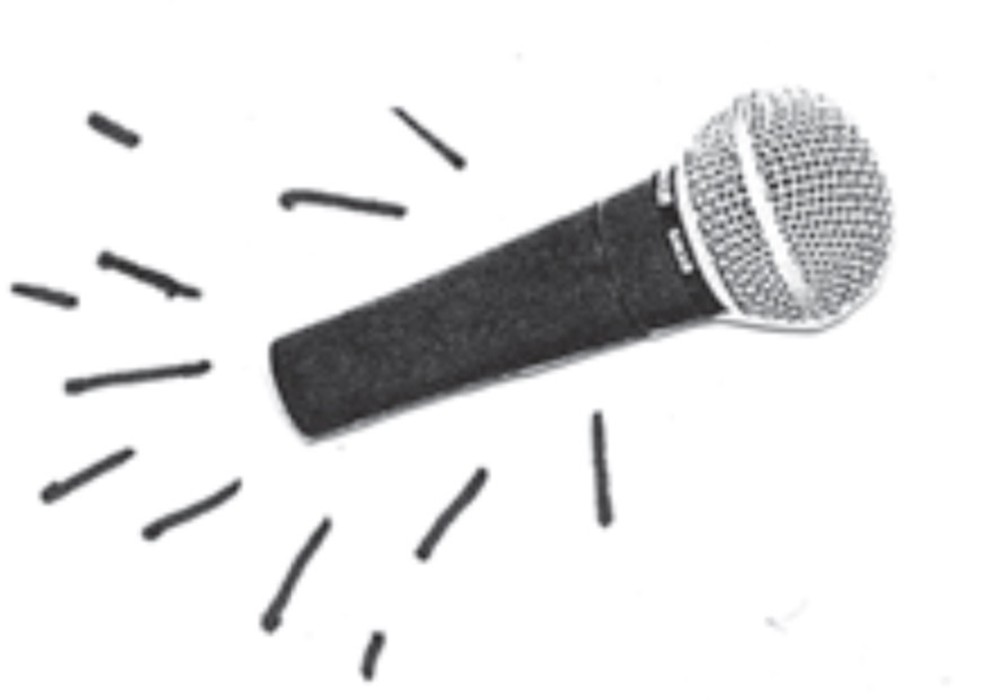
_display_horizontal.jpg)
